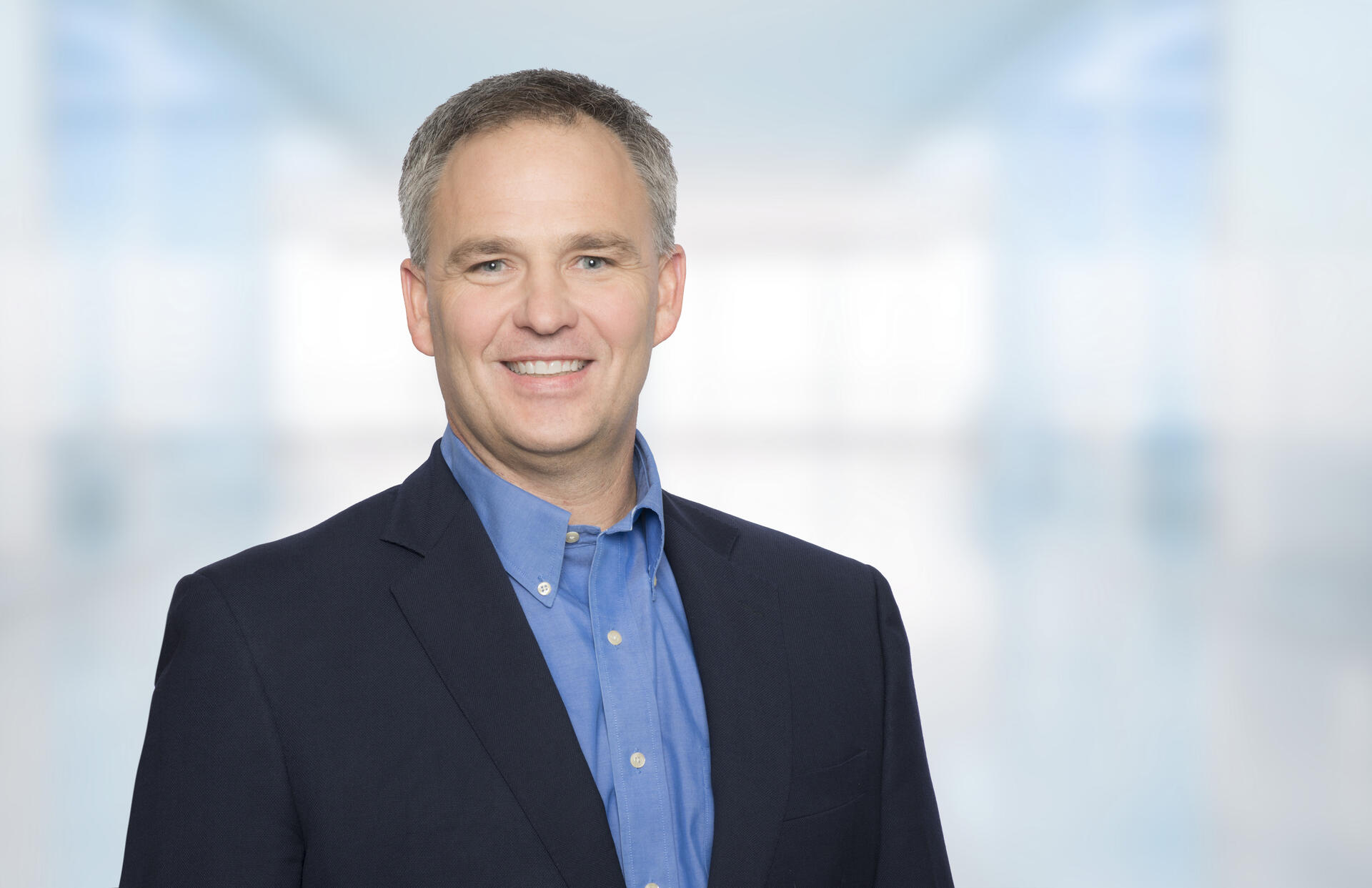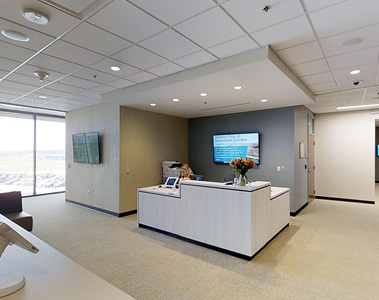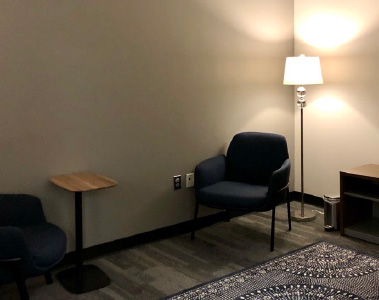 May is Mental Health Awareness Month, and companies like Cerner Corporation are committed to helping employers support the mental well-being of their workers. The PA Chamber was pleased to interview Dr. David Nill, vice president and chief medical officer at Cerner, about how his company is living its mission of empowering today’s workforce to live their healthiest lives – both physically and mentally.
May is Mental Health Awareness Month, and companies like Cerner Corporation are committed to helping employers support the mental well-being of their workers. The PA Chamber was pleased to interview Dr. David Nill, vice president and chief medical officer at Cerner, about how his company is living its mission of empowering today’s workforce to live their healthiest lives – both physically and mentally.
- Can you briefly describe the scope of employee-centric health benefits that Cerner provides to its members?
Dr. Nill: Cerner provides a wide array of benefits to associates that range from wellbeing to health, healthcare, financial, behavioral, musculoskeletal, maternity, bariatric, onsite care, onsite pharmacies, childcare and fitness – just to name a few. Cerner partners to provide services inclusive of an Employee Assistance Program, and an infertility program as well.
- How is Cerner’s presence in the workplace proven to help employees better manage their work/life balance, hopefully reducing stress and therefore, their mental wellness?
Dr. Nill: Cerner has engaged with the EAP provider to deliver integrated services with our onsite ambulatory care clinics. Cerner has five behavioral therapists on staff through the Healthe Clinics to provide behavioral support for those needing it. In addition, we provide coaching services where individuals can connect with a coach to discuss work/life integration challenges. If the person needs more in- depth behavioral health counseling, they can be referred to the EAP program or to one of our onsite therapists. We have also have in place “Total Brain,” which is an online platform for people to understand their mental health and perform online brain exercises to help them with stress and resilience.
- How did Cerner’s mental wellness services shift during the course of the pandemic? With the changes in the workplace, have any of those changes been implemented permanently?
 Dr. Nill: The biggest shift was that all of the onsite services went virtual as work from home took place. We never faced any disruption of the care services we provided, since we were able to use our technology to provide the services in a safe and private approach. Even with some people re-entering our facilities, the vast majority of people still want the virtual therapy option. We are going to bring the
Dr. Nill: The biggest shift was that all of the onsite services went virtual as work from home took place. We never faced any disruption of the care services we provided, since we were able to use our technology to provide the services in a safe and private approach. Even with some people re-entering our facilities, the vast majority of people still want the virtual therapy option. We are going to bring the therapists onsite to see how much uptake on in-person visits will take place. The virtual option is definitely something that will stay in place. We also continued some of our well-being presentations for the population which were well attended during the pandemic.
therapists onsite to see how much uptake on in-person visits will take place. The virtual option is definitely something that will stay in place. We also continued some of our well-being presentations for the population which were well attended during the pandemic.
- How are Cerner’s mental wellness services designed to enhance the patient/provider relationship and educate the patient on their health and treatment plan?
Dr. Nill: We take a highly integrative approach in caring for our members. For the onsite offerings, we have been delivering team care for nearly 10 years. The behavioral therapists are part of the primary care teams and huddle frequently to align on the overall plan of care for individuals. We have internal communication pathways for patients to engage with any team member by phone or secure message. The messages get routed to the various team members who need to be copied with the therapists as on member of the overall team. We also heavily utilize our pharmacy team to make recommendations on ideal medications to balance side effects and drug interactions for patients. The communications go directly back and forth between the pharmacists and the prescribers.
- May is Mental Health Awareness Month. What can employers do to ensure they are providing the best benefits for employees and their families?
Dr. Nill: My best advice is to listen to the employees and ask them frequently how they are doing. All businesses are facing challenges with burnout, increased stress, financial challenges, and access to care. The pandemic has impacted the provider community and people are struggling to find healthcare providers, especially behavioral therapists. Cerner has made great efforts to reduce the stigma associated with mental health, improve Diversity, Equity and Inclusion, promote safety measures for our population and improve access to care. We also provide communication and educational materials on how to cope with stressors and where to find help if needed.